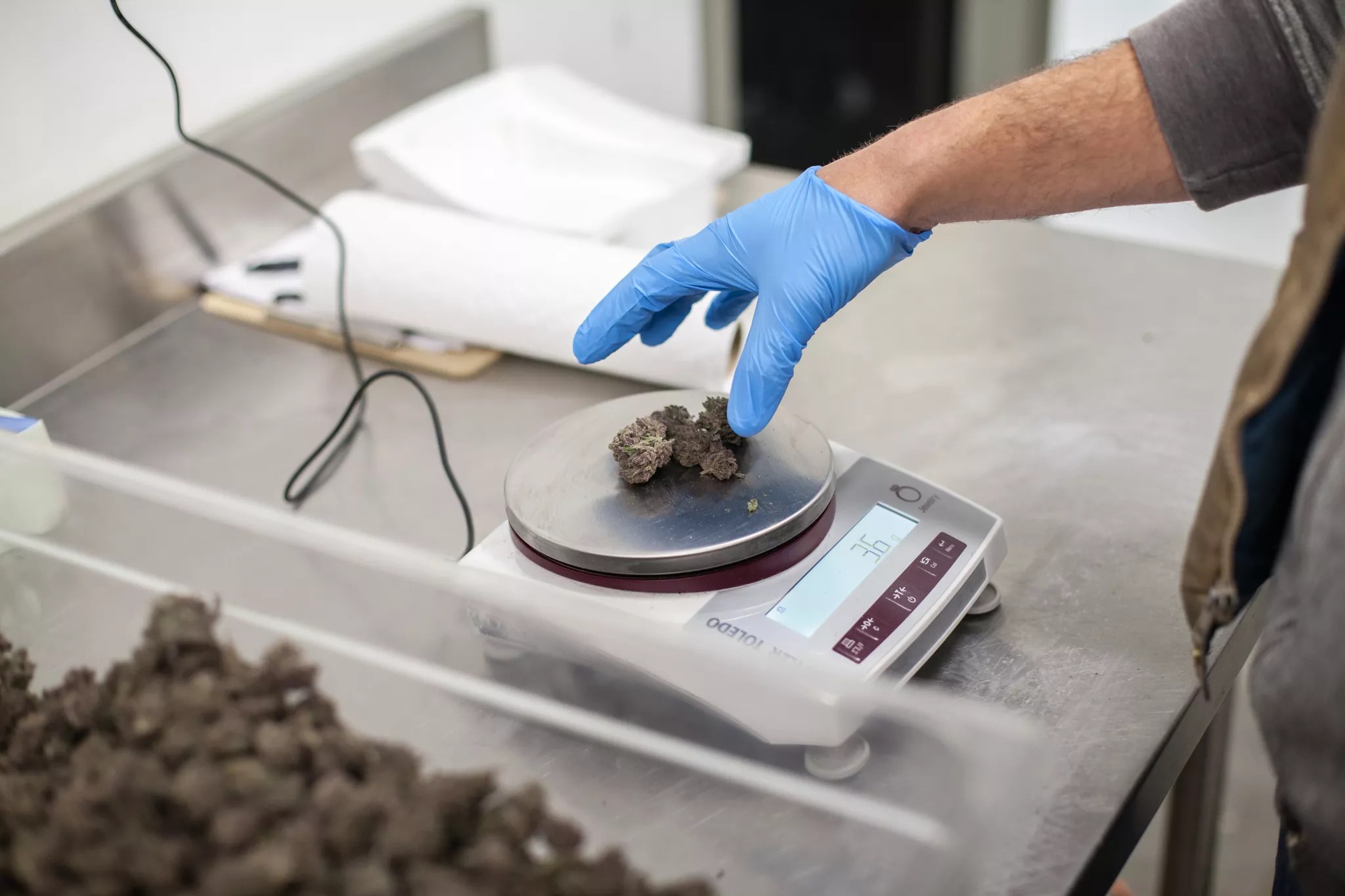
Jacqueline Collins

Audio By Carbonatix
A handful of new marijuana regulations took effect in Colorado on December 1, including updates involving worker safety, hiring practices and product supply.
The new rules adopted in October by the Colorado Marijuana Enforcement Division were designed to align with three new state laws, a 2022 executive order from Governor Jared Polis and several recent MED decisions.
Clearer responsible employee designations and transporter business ownership rules are now part of the state’s commercial marijuana code, as is a new policy allowing production facilities to change the designation of medical marijuana to recreational marijuana, and vice versa. All three of these changes were connected to bills passed by the Colorado Legislature in the last session, according to the MED, while an executive order issued by Polis called on the MED to stop considering a marijuana industry applicant’s past marijuana-related arrests in other states if the charges were for activities that are legal in Colorado.
That order, issued in July, requires that state agencies regulating professional licenses protect a person’s right to legal marijuana activities without workplace sanctions.
“As in previous years, the MED tackled significant topics during this year’s rulemaking session. While much of the MED’s rulemaking is legislatively driven, we appreciate how the MED’s rulemaking design provides opportunities to hear from and collaborate with our diverse set of stakeholders,” says MED senior director Dominique Mendiola in a statement announcing the new rules.
Those rules also involve security updates. Marijuana cultivations and dispensaries have suffered from consistently high burglary rates since recreational pot sales began in Colorado in 2014. Criminals frequently target the businesses for raw marijuana and cash, as the plant’s federal prohibition requires that the majority of transactions be done in cash. The MED now requires licensed pot businesses to maintain internal security controls and have a plan to assist in “preparing for and mitigating burglaries and other attempted crimes.”
The MED has also implemented a rule requiring that marijuana production workers wear gloves, goggles and respirators when performing certain duties.
Marijuana enforcement officials considered adding a rule that would have required six-month expiration dates on dispensary products by 2024, but they eventually reached a compromise with the pot industry. Instead, the MED will require marijuana product manufacturers to add use-by dates to their packaging by January 1, 2024. If a business can provide research showing that a product’s shelf life is beyond nine months, the MED will allow a longer use-by date. Although a product with an expired use-by date won’t necessarily stop dispensaries from selling a product, employees will have to notify customers that a date has been passed.